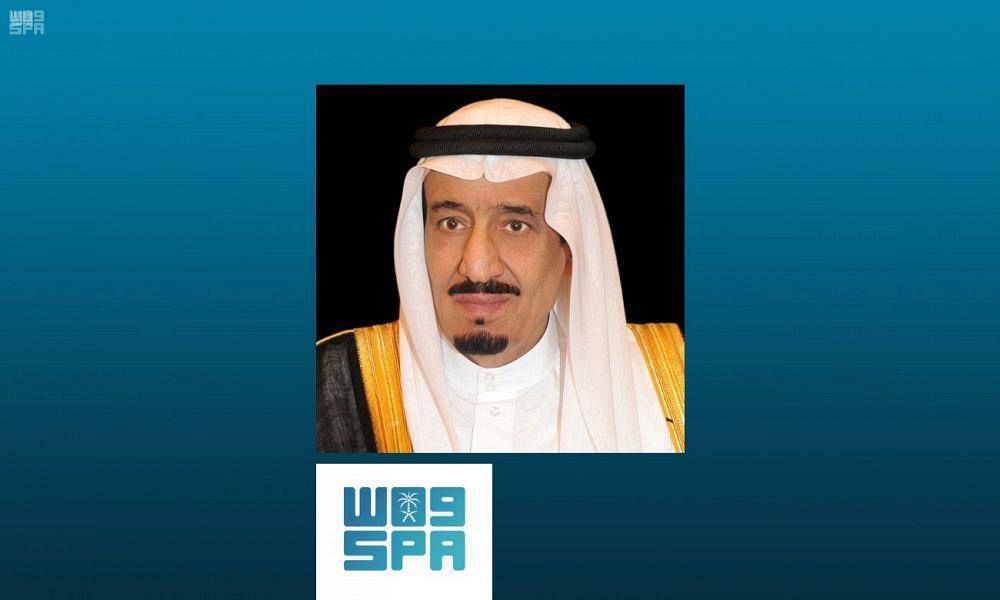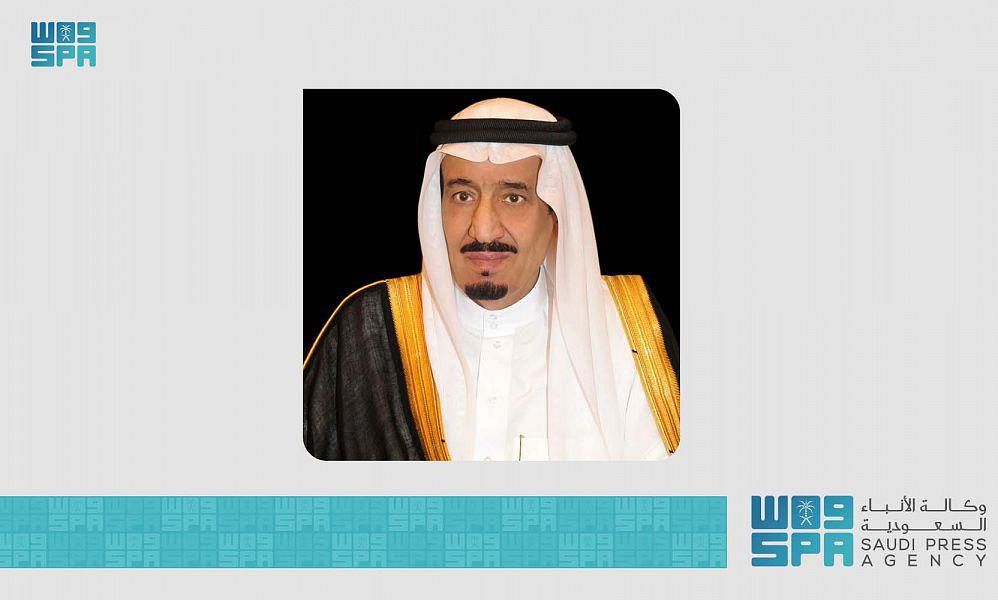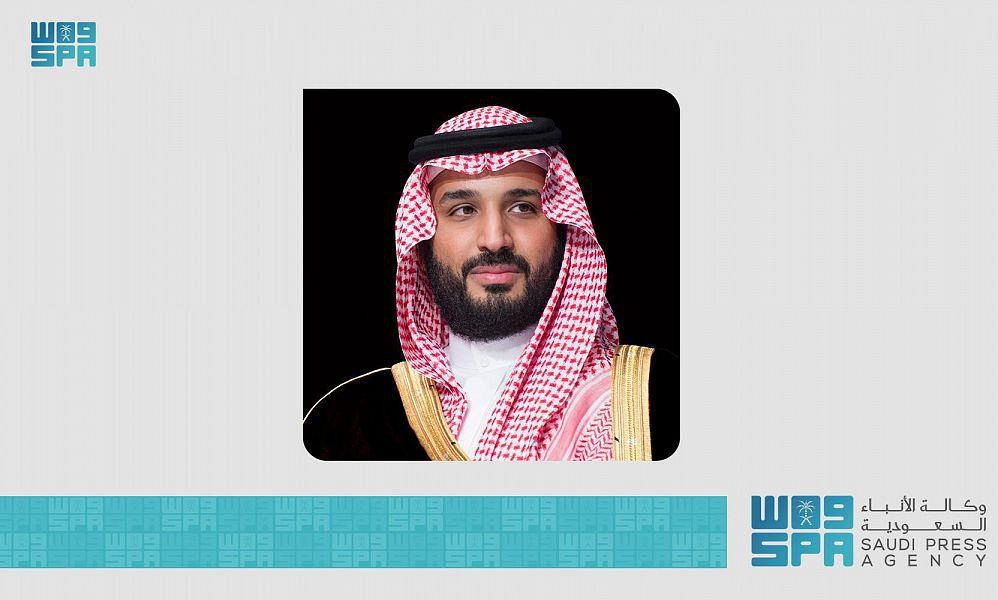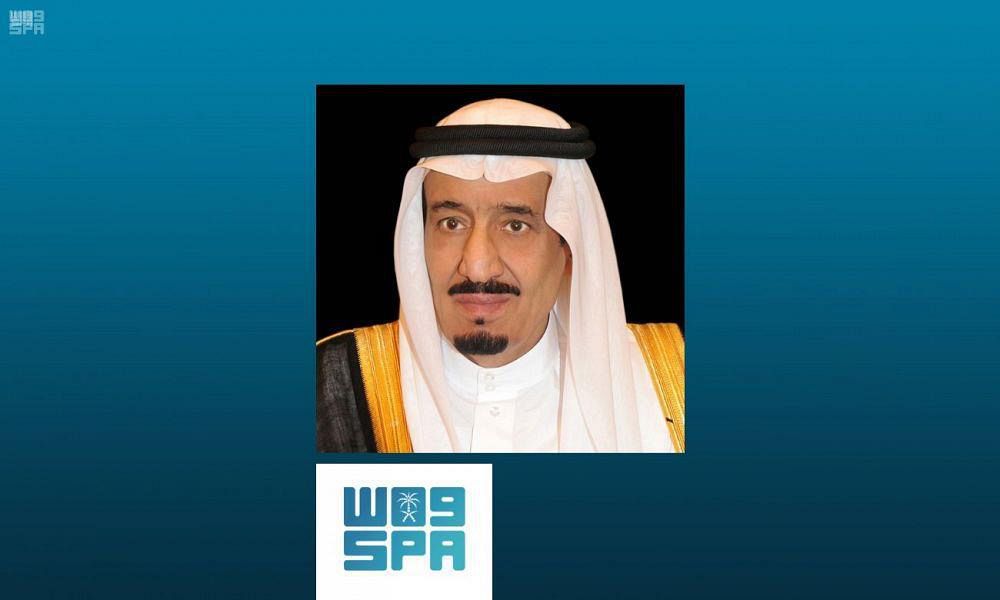
The seven ballistic missiles launched at four Saudi cities by the Houthis underscore the correctness of waging the war against them and the soundness of the warnings about Iran’s role in the region. It is Iran that smuggles the missiles and orchestrates their launching into Saudi Arabia.
On Sunday night we witnessed the first major attack on Saudi Arabia since the start of Iran’s efforts to control Yemen three years ago. But despite the large number of missiles launched and the distance they crossed, the operation remains a mere show, and the four missiles in the skies over Riyadh were no more than fireworks. It is no coincidence that they were launched on the third anniversary of the war against the coup staged by the Houthi militias and forces loyal to former President Ali Abdullah Saleh. While the missiles failed to hit any vital target, they succeeded in enabling the Saudi government to remind everyone that the war against the Houthis and their allies was and continues to be war of necessity.
Currently, the Houthis control about a quarter of Yemen — with great difficulty, even in their stronghold Saada governorate. There was a time when they controlled all of Yemen, including the city of Aden in the south, to the extent that the legitimate government led by President Abed Rabbo Mansour Hadi had to flee through Oman to Saudi Arabia.
Thus, had the military campaign not been launched, Yemen as a whole, not just a quarter of it, including its ports and airports, would have been under Iranian influence; and the Iranians would have been able to fire thousands of ballistic missiles and conventional rockets into Saudi territory.
Those who denounce the military solution, on the third anniversary of the war, should imagine what would have happened had Yemen, or most of it, still been under the control of the Houthis and other rebels. The situation would have been frightening; much worse and more serious for both Yemen and Saudi Arabia, and would have caused a wider war than the one we have witnessed in the past 36 months.
Another Houthi attack orchestrated in Tehran enables the Saudi government to remind everyone that the war against the militias and their allies was, and continues to be, a war of necessity.
Abdulrahman Al-Rashed
The launch of the seven missiles was a propaganda show, but it does not demonstrate a superior capability on the part of the Houthis; rather, it proves their inability to use missiles as they would wish. It also proves that the quarter of the country that they still hold in the north of Yemen requires military liberation, instead of relying solely on political action. However, the area that the Houthis control is rugged, mountainous and densely populated; moreover, the rebels are using civilians there as human shields to prevent aerial bombardment.
The missile attack on Riyadh, which killed one person and injured two, confirms that Saudi Arabia and the Coalition it leads must complete the journey to Sanaa, liberate Yemen from Houthi control, and restore it as a state with a central authority headed by the legitimate government.
In the past, all efforts to persuade the Coalition to halt military operations and attempt a political solution proved to be misguided; and could have led, indeed, to serious consequences. At present, however, the Houthis and the Iranians are struggling to smuggle their missiles into the country, and their numbers have been limited by the continuation of the fighting. Even the seven missiles launched on Sunday, and the ones launched before, were mostly fired at random as a result of the Coalition’s military activity, which is hunting the Houthis down in the areas under their control.
Hence, any suggestion that political negotiation could reduce or stop military action would only achieve what the Houthis desire — which is to reorganize their forces on the ground and obtain more supplies of arms and fuel.
Iran, through its Houthi agents, has now condemned itself in front of the new international envoy, Martin Griffiths. Met by the multiple missile attack on Saudi Arabia, Griffiths can see that a political solution cannot be based on granting the Houthis any political concessions outside the framework of the original political project; which calls for participation under the exclusive framework of the legitimate government, and the need to withdraw all weapons from the warring parties “outside” that legitimate government.
There is no political solution that can justify granting the Houthis, and others, a mandate over some areas, allowing them to keep their weapons, or giving them a greater role in the political process.
— Abdulrahman Al-Rashed is a veteran columnist. He is the former general manager of Al Arabiya news channel, and former editor-in-chief of Asharq Al-Awsat.
Twitter: @aalrashed








